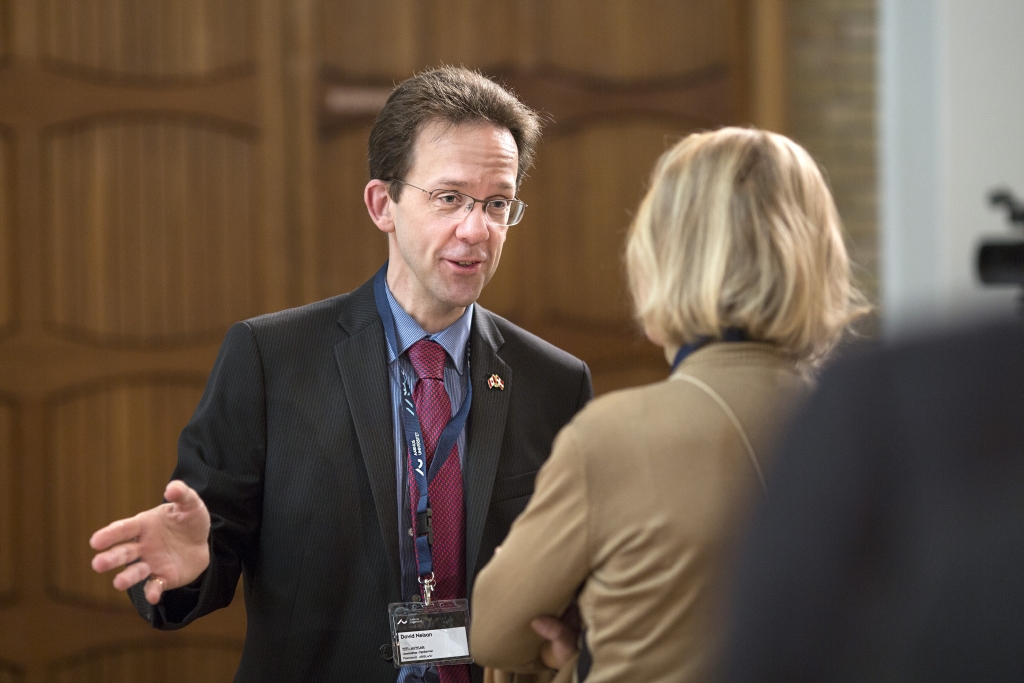Conservative voters prefer strong leaders
Voters’ ideological standpoints do more than determine party preferences. Ideology is also crucial in determining which qualities voters look for in political candidates. If you are conservative, you prefer a strong leader. If you are liberal, you are instead looking for candidate warmth.

The more a voter belongs to the ideological right, the greater importance he or she attaches to politicians appearing as strong, uncompromising and confident leaders.
In contrast, leftwing voters emphasize warmth, collaborative skills, attentiveness and empathy when evaluating political candidates.
These are the main results from an extensive study of voters’ candidate preferences based on American and Danish data. The study has been published in the recognized Political Behavior.
“When making up our minds on Election Day, we do not only pick our candidate based on shared opinions. We also consider the candidates’ personal characteristics and traits when we assess whether or not we believe in their abilities to represent us and lead the country,” says the researcher behind the study, Lasse Laustsen, PhD and assistant professor at the Department of Political Science at Aarhus BSS where he studies political psychology and voter behavior.
The study was carried out across three different data sources: A large-scale representative study of American voters, the American National Election Studies (ANES) for the period 1984-2008, as well as two follow-up studies in the US and Denmark, respectively.
“The results clearly show that conservative and liberal voters prefer “strong” and “warm” candidate personalities, respectively. This is the case even in two such different political systems as the Danish and the American,” Lasse Laustsen points out.
The results therefore contributes to the growing interest in the differences between conservatives and liberals.
“The study expands our knowledge about the psychological mechanisms that come into play when we decide which candidate to vote for,” says Lasse Laustsen and goes on to explain that the result also relates to more recent research into the more fundamental differences between ideologically different people.
“A number of studies find that voters see the world in fundamentally different ways depending on their ideological standpoints and predispositions. Generally, conservative voters see the world as more threatening and dangerous than liberals.”
According to Lasse Laustsen, this is precisely the explanation for why liberal and leftwing voters prefer different types of politicians than do conservative and rightwing voters.
Finally, it seems that at least some candidates themselves, either consciously or unconsciously, draw upon the same logic when appealing to voters.
When for instance Donald Trump tweeted that “The world is a dangerous place. We need a strong leader” during the 2016 Republican primaries, he tapped directly into a set of fundamental right-wing values,” says Lasse Laustsen.
Further information:
PhD, Assistant Professor Lasse Laustsen
Department of Political Science
Aarhus BSS - Aarhus University
+45 87 16 55 87
